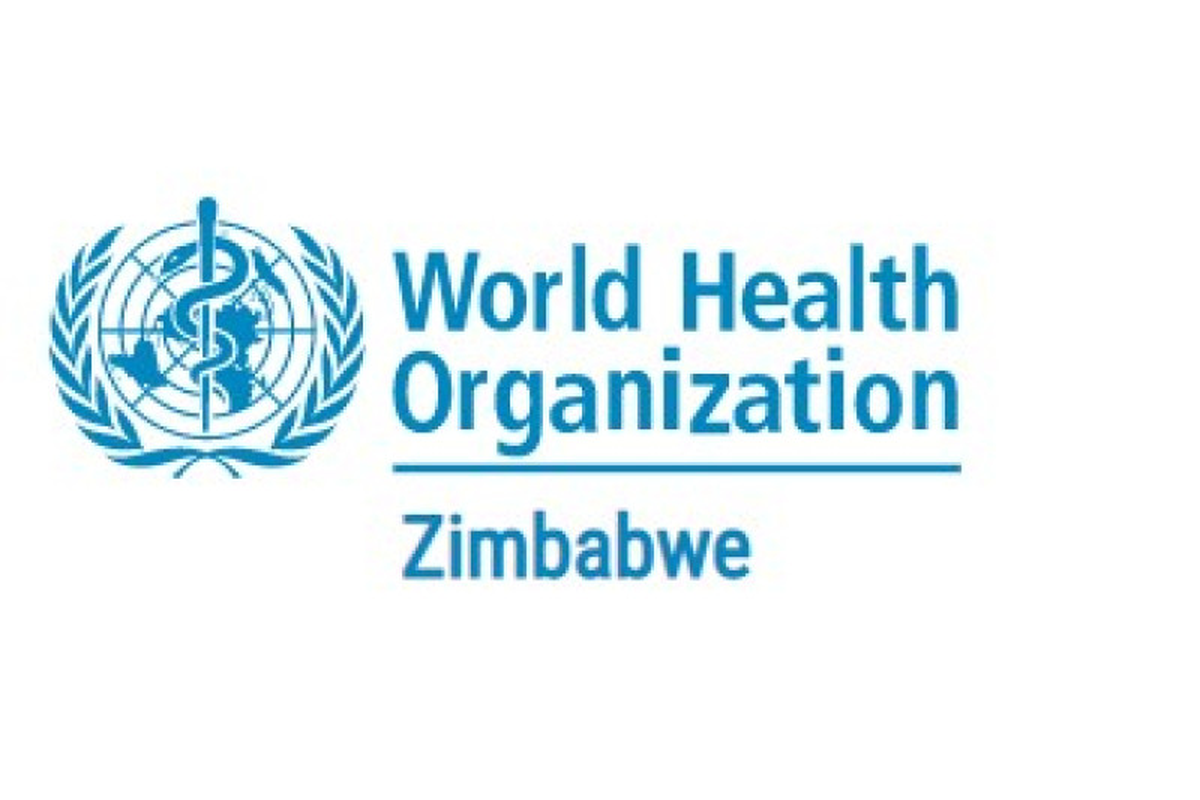
Zimbabwe neonatal mortality is not only unacceptably high but is on the rise. Recent data from the Zimbabwe District Health Information System record shows that more than 11,000 perinatal deaths occurred in 2019, of which 46% were within the first week of life (Zimbabwe Every Newborn Action Plan, 2020). The data further show that neonatal mortality in Zimbabwe increased by 10.3% in 2019 whereas infant and under-five mortality rates decreased by 14.5% and 13.3%, respectively. The trend is evident of a negatively skewed neonatal care outcomes in Zimbabwe since 2019 with NMR of 28.5, 28.6, 30.3, 29.4 and 30.6 per 1000 live births in 2019, 2020, 2021, 2022 and 2023, respectively.
A deeper sight of the nuances shows that early neonatal mortality (NM) saw a declining trend since 2014 yet, stillbirth posted a sharp increase, particularly in 2018 leading to an increase in perinatal mortality rate at about the same period and in a similar fashion as what is reported elsewhere in sub-Sharan Africa (UN Inter-Agency Group Report, 2020). Broadly speaking, more than two million newborn deaths occur globally as of 2020 and although this represented a 48% decline of NM in about two decades, the figures remain high. Sub-Saharan Africa where twenty-seven babies die in every 1000 live births represents the highest neonatal mortality rate (NMR) worldwide, yet the evidence suggest that the numbers are increasing in the continent (UN Inter-Agency Group Report, 2020).
Zimbabwe have implemented policies and programmes over the years to address the unwanted rate of NM, but this notwithstanding, the current situation in Zimbabwe shows a compelling need to seek further evidence particularly as evidence elsewhere suggest policy and programme intervention necessarily do not lead to desired NM outcome (Azaare et. al., 2023). Neonatal mortality causes are known and almost universal; prematurity, neonatal sepsis, and birth asphyxia being the top three and accounting for more than 70% of NMR in low and middle-income countries (UNICEF, 2020). Thus, intervention that targets the top three should decisively lead to a considerable decline in NMR at the country level unless the implementation was ineffective and not encompassing.
In the light of the foregone, we propose a deliberate push to obtain more evidence of the nuances from three prongs; existing data/record, the clinical and practice setting and the community level to triangulate and analyse the data to document a funding and implementation framework in support of Zimbabwe Every Newborn Action Plan: 2020 – 2035.
Under the task, key questions to be addressed includes but not limited to:
•what programmes are being implemented?
• what bottle necks exists and impede successful intervention?
• what are the key drivers of any gains?
•how can successful interventions be scaled up where necessary, and
•what interventions have not yielded desired outcomes in the current situation and ought to be must be modified, or outrightly discarded?
The purpose of this assignment is conveyed as follows:
1.Mine and synthesise secondary data from national and international repositories, gather record and expert opinion from the clinical setting and collect primary data from selected communities to triangulate and analyse to unearth the underlying challenges that affect neonatal healthcare and outcome in Zimbabwe.
2.Document the evidence with itemize key policy recommendations based on the findings of the report for stakeholder consideration.
1.3.Tasks
The consultant under the guidance of WHO technical staff will support and/or undertake the following tasks:
1.Contribute to evidence gathering methodology workshop to harmonize the understanding of stakeholders and frame policy questions.
2.Undertake data mining and cleaning from national and international repositories on neonatal healthcare and outcomes in Zimbabwe.
3.Synthesize, and analyse the data (quantitative and qualitative) to drive neonatal healthcare policy formulation and decision making in Zimbabwe.
4.Make a presentation of preliminary findings to WHO technical team and the MOHCC TWG on neonatal healthcare and mortality situation in Zimbabwe.
5.With guidance from WHO technical experts, produce and finalize a report on the state of neonatal healthcare and outcomes in Zimbabwe.
1.4.Key deliverables:
Deliverable will be in line with the task/TOR and will include:
Output 1: Inception meeting report.
Output 2: Draft data collection tools.
Output 3: Data collection tools validation workshop report.
Output 4: Draft report of evidence.
Output 5: Final report of evidence synthesis.
Output 5: Stakeholder dissemination meeting report.
1.5.Contract duration
•This contract shall commence immediately, and shall expire on the completion of the task described in the Terms of Reference but not more than 2 months, unless sooner terminated under the terms of this contract.
•The dates of this contract include travel time to and from the selected places of data collection in Zimbabwe.
•Education: Master of Public Health degree with epidemiology, or maternal and child health from a WHO recognized university.
•Experience: Minimum of 5 years’ working experience at the national or international level in health policy and systems, maternal and child health and epidemiology
Skills and Knowledge:
-Strong quantitative skill with advance knowledge in using data analysis tools such as STATA, Excel
-Excellent scientific writing skills, evidenced by at least two recent and relevant peer-reviewed publication(s) where the applicant is first and/or corresponding author.
-Candidate should have excellent team building and facilitation skills.
-Language: Excellent knowledge the English language and proficient in at least one Zimbabwean local language.
Harare
Expires
UNESCO International
The position offer …
Harare
Expires
Technical Training Centre
To be shared with s…
Harare
Full Time
10 Apr 2024
02 Apr 2024